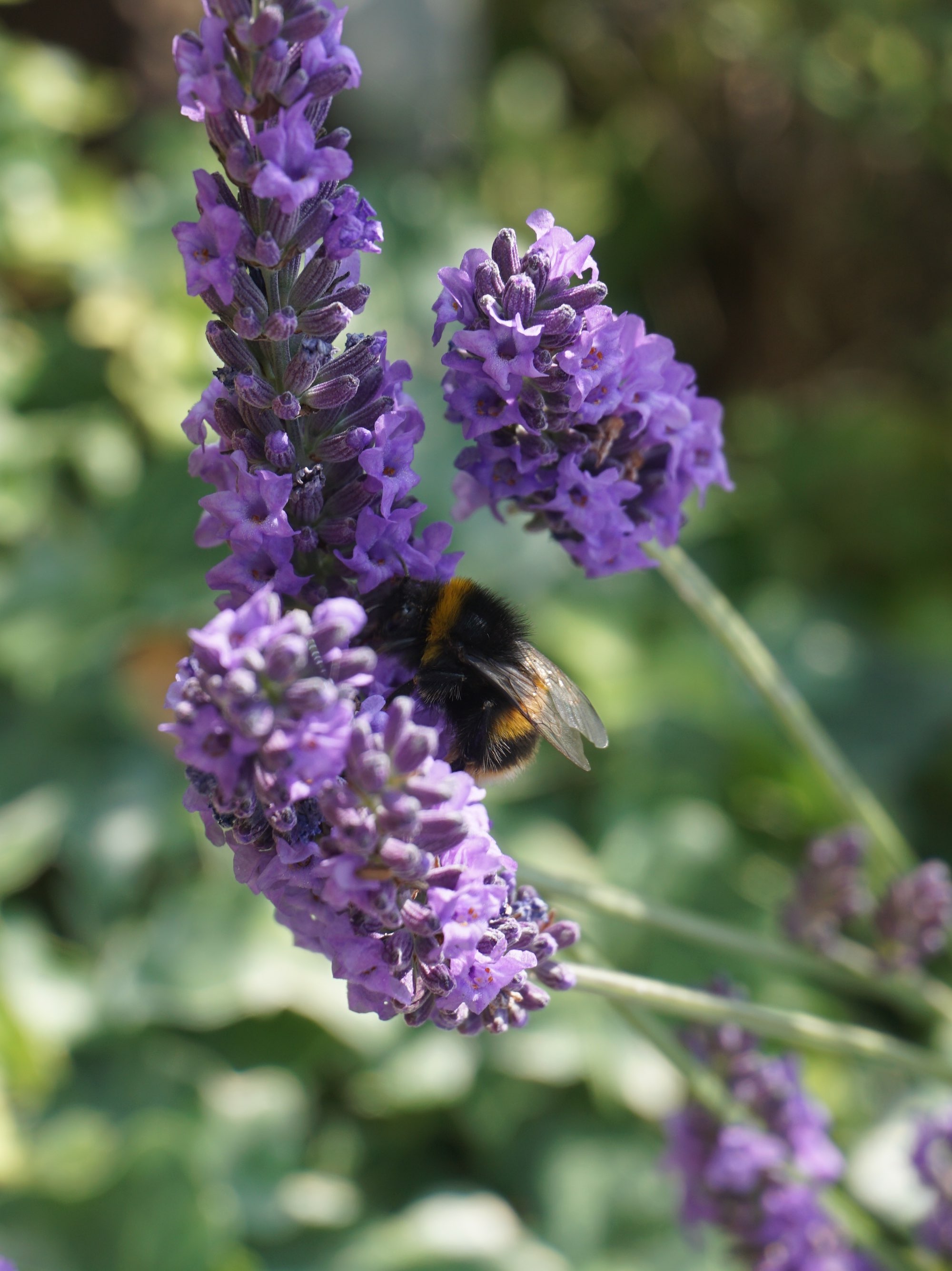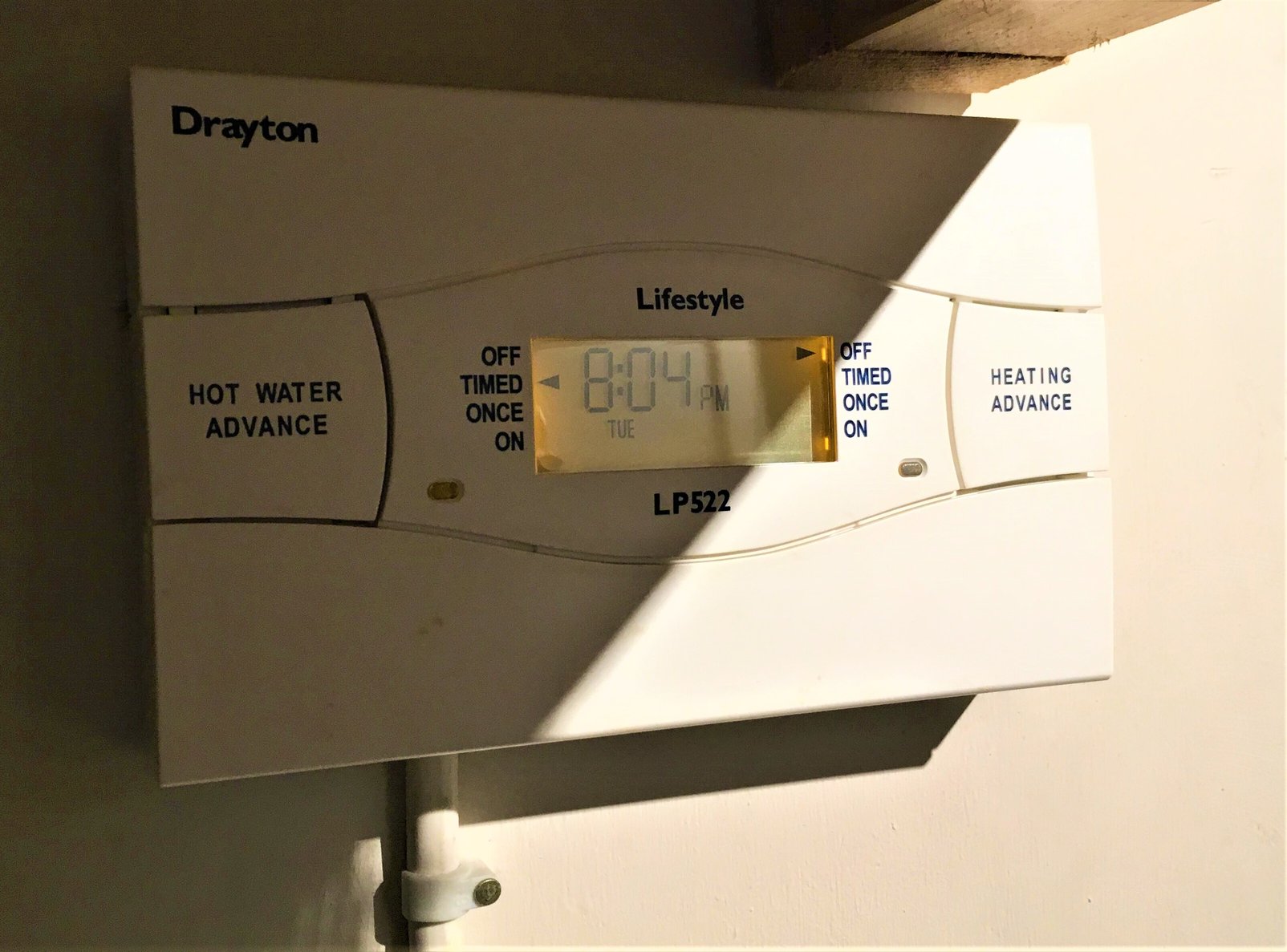In the 2019 State of Nature Report, figures showed that 41% of UK species are in decline, with 15% at risk of extinction, but the Dorset Wildlife Trust (DWT) says that several priority species are finding safe havens in its nature reserves.
At the Bracketts Coppice nature reserve in North Dorset the marsh fritillary butterfly is thriving despite being identified in the report as one of the fastest declining species in the UK. According to the State of Nature Report, the abundance of pollinating insects in the UK is down by 31%, with butterflies being some of the worst affected, seeing a 23% decline in England alone, but in Dorset the marsh fritillary has been able to buck the trend. In response to the general downward trend in essential insects, the DWT launched the Get Dorset Buzzing campaign this summer, with 4000 local people pledging to take action to support insects in their gardens.
Whilst the picture for wildlife in the UK continues to look bad with some serious declines, the report does show that it is possible to turn the declines around.
The Dorset coastline provides essential safe havens for endangered marine species, for example Lyme Bay was identified in the report as an area of “high species richness that includes rare and threatened species”. The Brownsea Island Lagoon in Poole Harbour is a vital habitat to wetland wildlife like water voles, that have seen a 90% drop nation-wide, and the common tern, a sea bird that is struggling as its main food source is threatened by climate change.
Dr Simon Cripps, Chief Executive of Dorset Wildlife Trust wrote on the Trust’s website: “Whilst the picture for wildlife in the UK continues to look bad with some serious declines, the report does show that it is possible to turn the declines around.”







